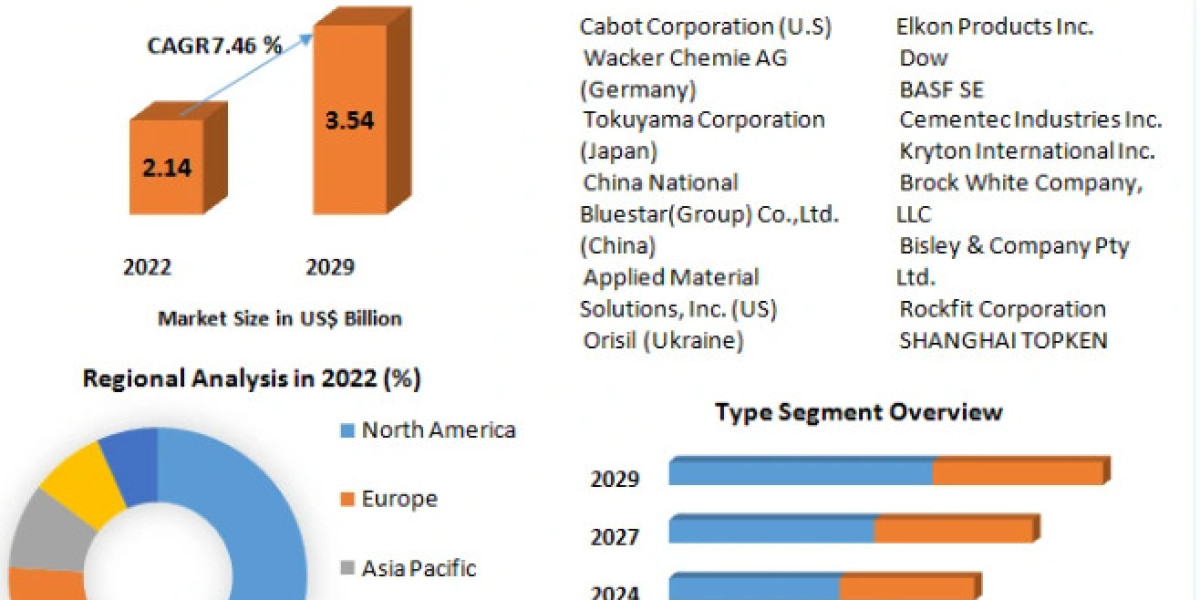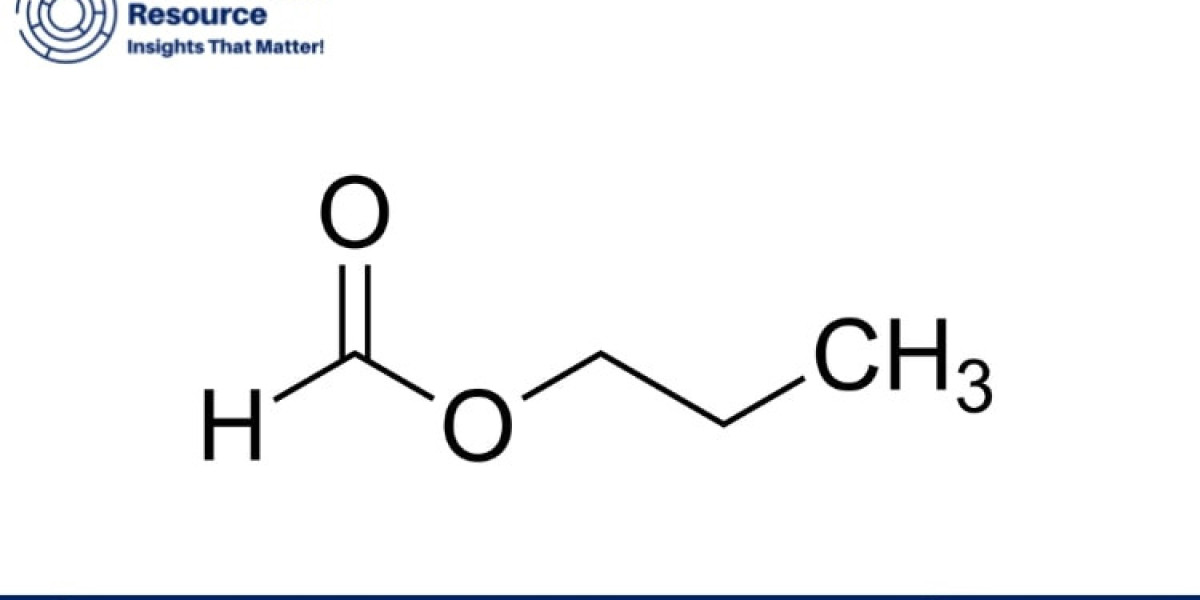Fermentation contract manufacturing has emerged as a vital player in the production of various biological products, from pharmaceuticals to food and beverages. This intricate process involves outsourcing the fermentation aspect of manufacturing to specialized companies that have the expertise and facilities to produce high-quality products.
The working process typically unfolds in several key stages.
Stage 1: Initial Consultation and Project Scoping
The process begins with an initial consultation between the client and the contract manufacturer. During this phase, the client discusses their specific needs, including:
- Product specifications.
- Desired volume and timelines.
- Regulatory requirements.
- Budget considerations.
The contract manufacturer assesses the project's feasibility, providing insights into the fermentation process, potential challenges, and solutions.
Stage 2: Process Development and Optimization
Once the project scope is defined, the contract manufacturer continues fermentation process optimization. This stage may involve:
- Strain Selection: Choosing the right microorganism for fermentation.
- Media Formulation: Creating the optimal growth medium to ensure high yields.
- Fermentation Conditions: Designing parameters such as temperature, pH, and aeration for optimal microbial activity.
Pilot studies may be conducted to fine-tune the process and establish baseline performance metrics.
Stage 3: Scale-Up and Production
Following successful process development, the manufacturer transitions to large-scale production. This stage involves:
- Bioreactor Setup: Utilizing fermenters or bioreactors configured for the scale required.
- Operational Protocols: Implementing standard operating procedures (SOPs) to ensure consistency and quality.
- Monitoring and Control: Continuously monitoring fermentation parameters to maintain optimal conditions and maximize yield.
Quality assurance measures are put in place to ensure that the product meets the required specifications throughout the production run.
Stage 4: Harvesting and Purification
After fermentation is complete, the next step involves harvesting the product. This may include:
- Separation: Using centrifugation or filtration to separate microbial biomass from the fermentation broth.
- Purification: Employing chromatography or other purification methods to isolate the desired product.
This stage is critical for ensuring product purity and efficacy, particularly in pharmaceutical applications.
Stage 5: Quality Control and Assurance
Quality control (QC) is an integral part of the fermentation process. The contract manufacturer conducts rigorous testing at various stages, including:
- Raw Material Testing: Ensuring all inputs meet quality standards.
- In-Process Testing: Regular monitoring during fermentation to detect any deviations.
- Final Product Testing: Comprehensive analysis of the finished product for potency, purity, and safety.
The goal is to provide a consistent and reliable product that meets regulatory standards.
Stage 6: Packaging and Delivery
Once the product has passed quality control, it is packaged according to industry standards and client specifications. This may involve:
- Labeling: Proper labeling to comply with regulations.
- Storage Conditions: Ensuring suitable conditions to maintain product stability.
- Shipping: Coordinating logistics for timely delivery to the client.
Fermentation contract manufacturing plays a crucial role in various industries, providing specialized expertise and facilities to produce high-quality products efficiently. By understanding the detailed working process involved -- from initial consultation to final delivery -- businesses can better appreciate the value of this approach and how it can enhance their operational capabilities. With the ongoing advancements in fermentation technology, contract manufacturing is likely to continue evolving, offering even greater opportunities for innovation and growth in the future.















